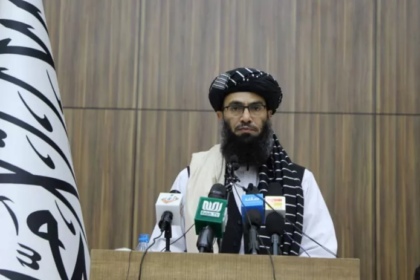RASC News Agency: According to Alaa Abuzaid, the Director of the Emergency Aid Department at the World Health Organization in Afghanistan, the recent earthquakes in Herat province have predominantly affected women and children. Abuzaid further noted that nearly two-thirds of the victims requiring hospital treatment have sustained severe injuries. This distressing situation can be attributed to the fact that the earthquakes struck while men were away, leaving the vulnerable population of women and children exposed to harm.
Abuzaid stressed the pressing need for sustained financial support to bolster humanitarian efforts, as international attention and financial aid have shifted away from Afghanistan. In Herat province, employees of charitable organizations have reported an alarming number of women experiencing nerve shock as a result of the recent earthquake.
Moreover, Dr. Rangin Dadfar Spanta, a prominent political figure from the previous Afghan government, has drawn attention to the disproportionate number of female casualties compared to males. He asserts that the Taliban’s system perpetuates gender segregation, even in the face of natural disasters like this earthquake. Dr. Spanta further explains that many women lost their lives in subsequent aftershocks due to restrictions that prevented them from leaving their homes.
At the same time, the provision of humanitarian aid for the vulnerable individuals affected by the earthquake in Herat province has increased. However, concerns have arisen among those involved in the relief efforts, fearing that the allocated funds may be misused or fail to reach the intended recipients.
In response to this crisis, a group of approximately 20 women in Kabul has launched a campaign to gather humanitarian aid for the victims of the Herat earthquake. This grassroots initiative aims to address the urgent needs of those affected and ensure that assistance reaches the hands of those who require it most.






